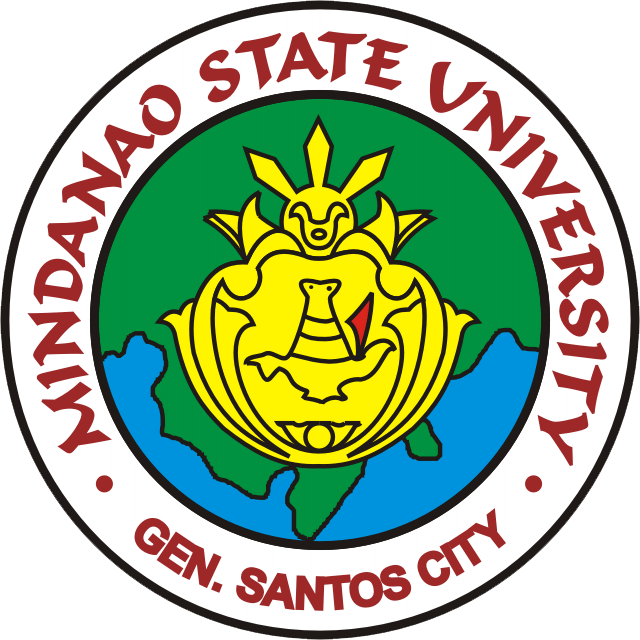There are a lot of factors that can affect the performance of structure in the construction industry. One is the effect of structural damping which can cause weakening of structure due to moisture entering within the voids of structure. Due to the possible risks that may cause with this, some engineers found a way to minimize the effect of that factor by introducing another material for construction which is a vapor barrier. Vapor barriers can be used in two ways. Basically, stops water from leaving a material to maintain moisture and stops water from entering a material to maintain dryness. With respect to the requirement, most of the compositions of a doypack are made of the same materials that are considered impermeable, and at the same time, the material provides a low cost as it is collected as recyclable waste from landfills. Also, because of the improper disposal of doypacks that is used by consumers, the study can help figure out whether it can be an alternative to the standard material as it is a necessity to help the environment with the idea to recycle. In this research, the polyethylene sheet that is used as standard for vapor barrier is alternatively being replaced with material, known as doypacks. Evaluation of the properties of the material will determine whether which material would meet the standards, or somehow, yields a less similar result. Since the doypacks are existent, especially as residual waste, this study would conclusively contribute in the mitigation of pollution.
Author
Gabriel Paolo G. Acido
Abstract
SY
2018
Program
Bachelor of Science in Civil Engineering
Department, College
Civil Engineering, Engineering
Department
Department: Civil Engineering
College
College: Engineering
